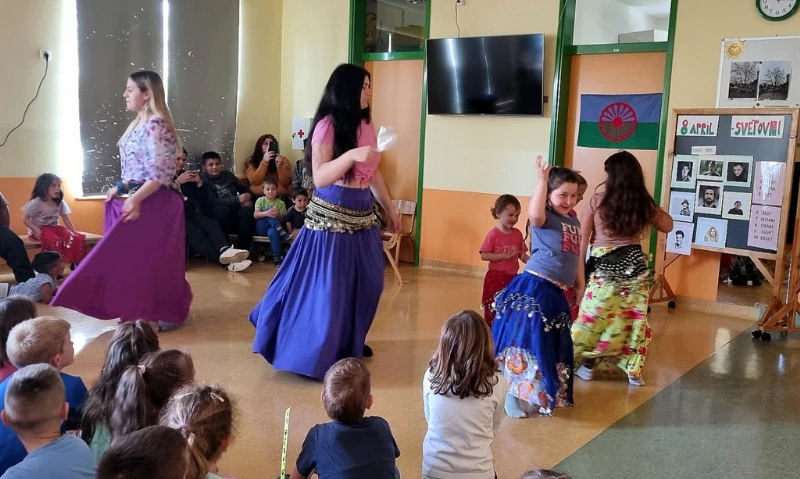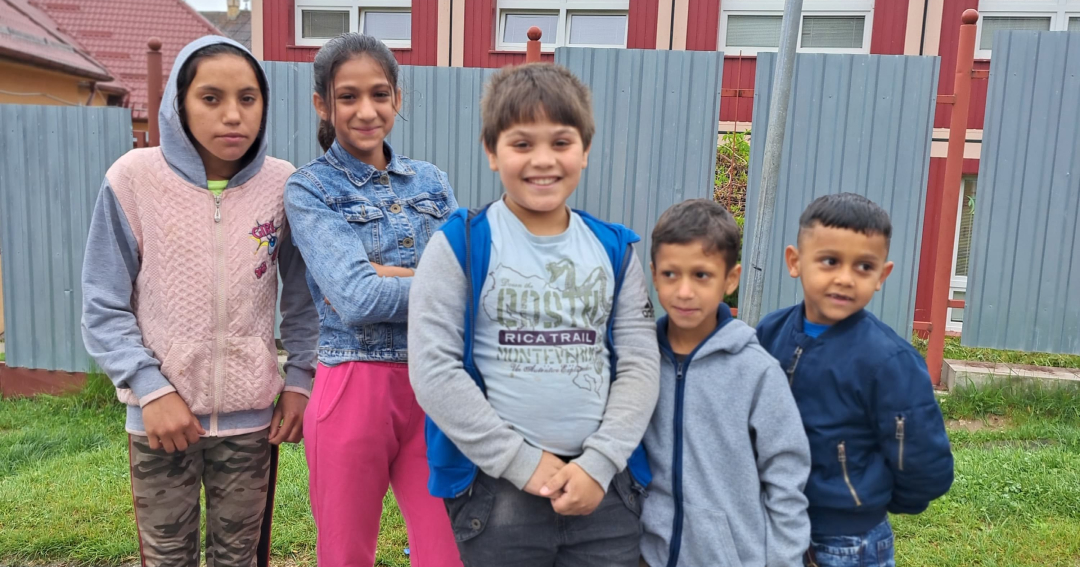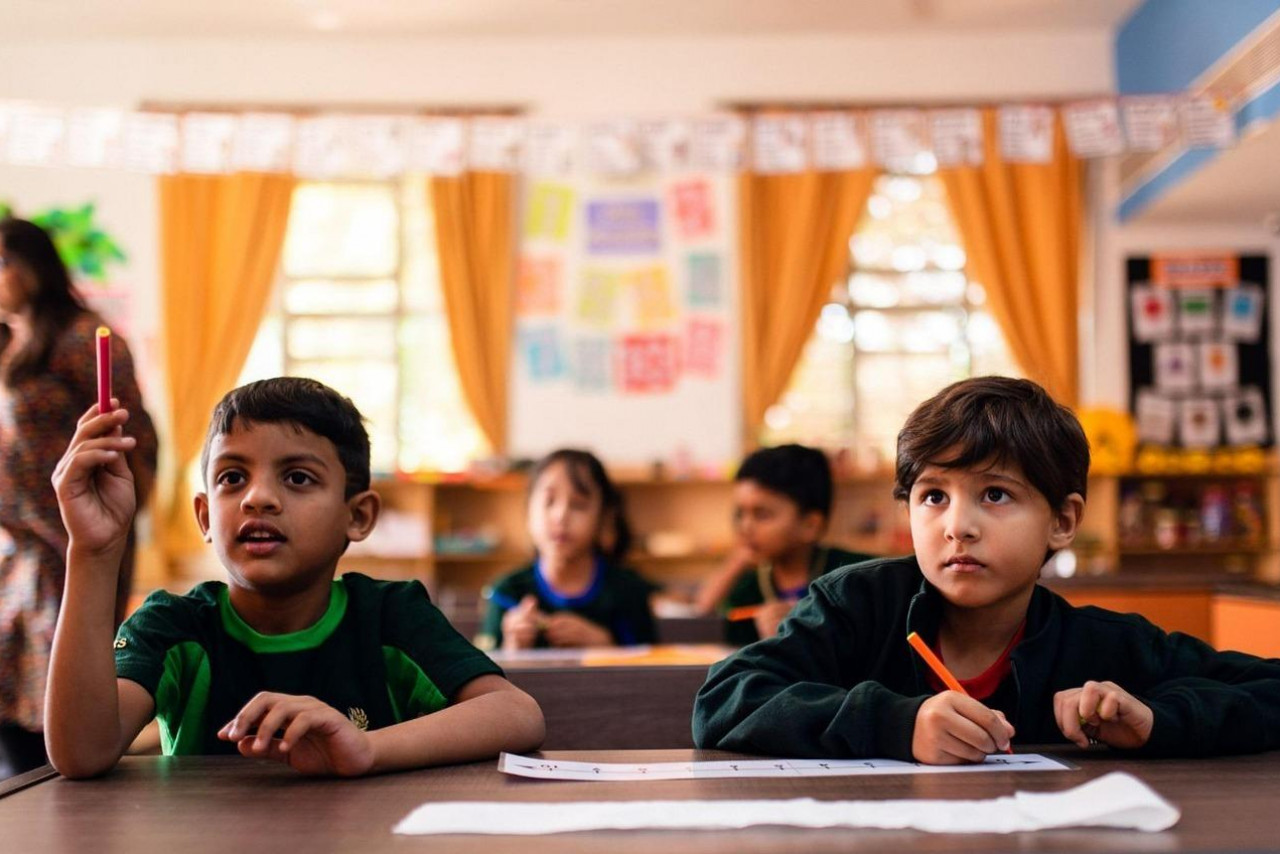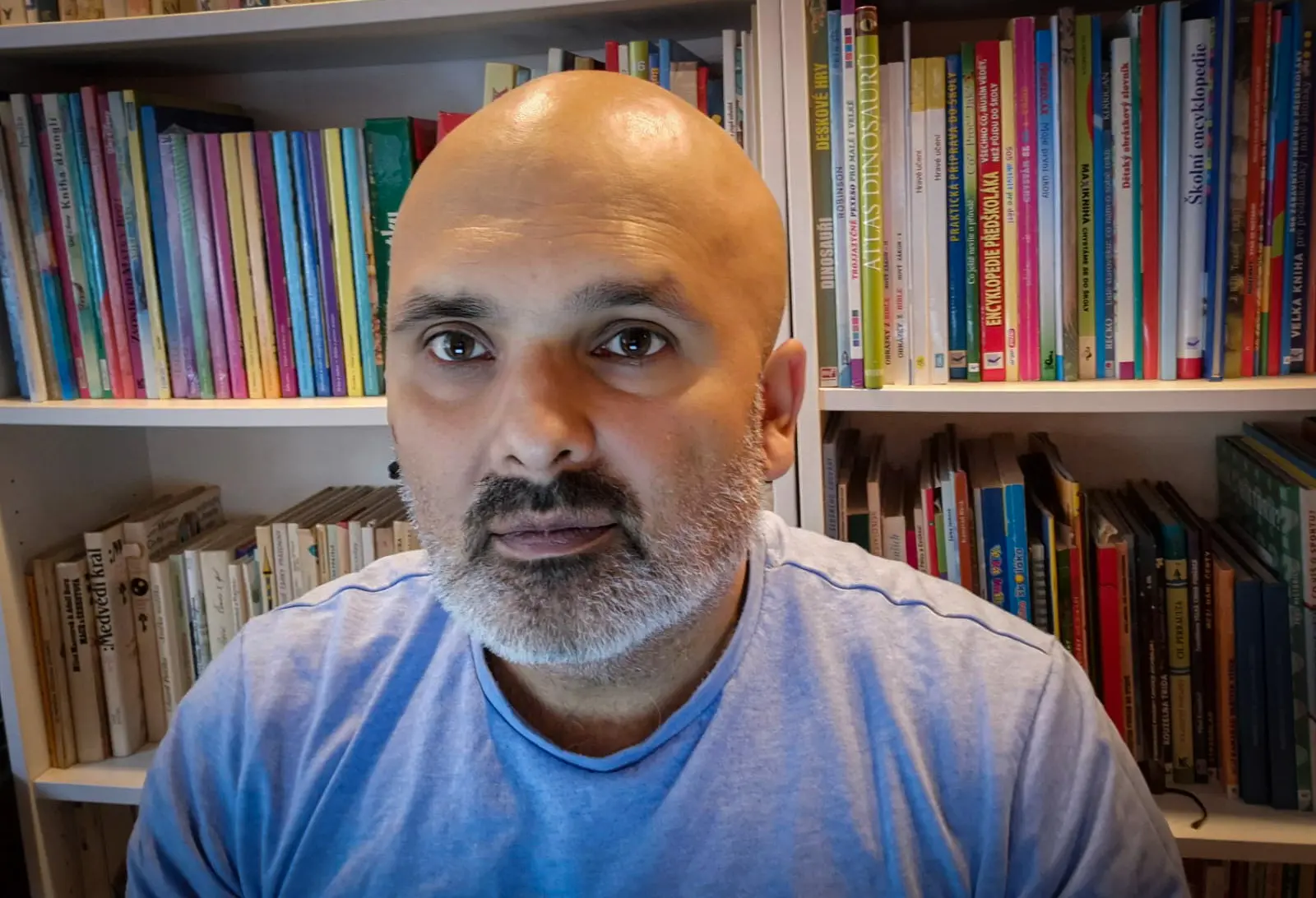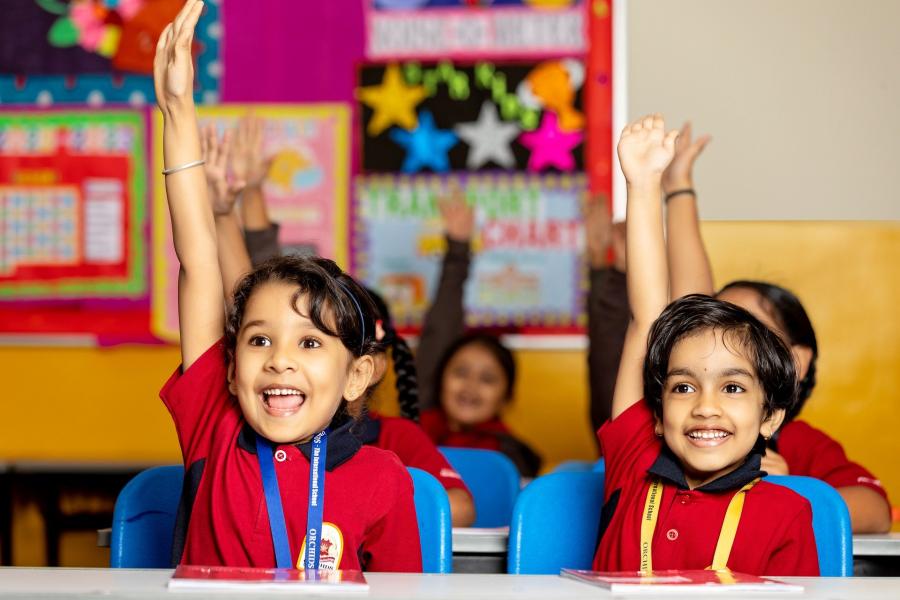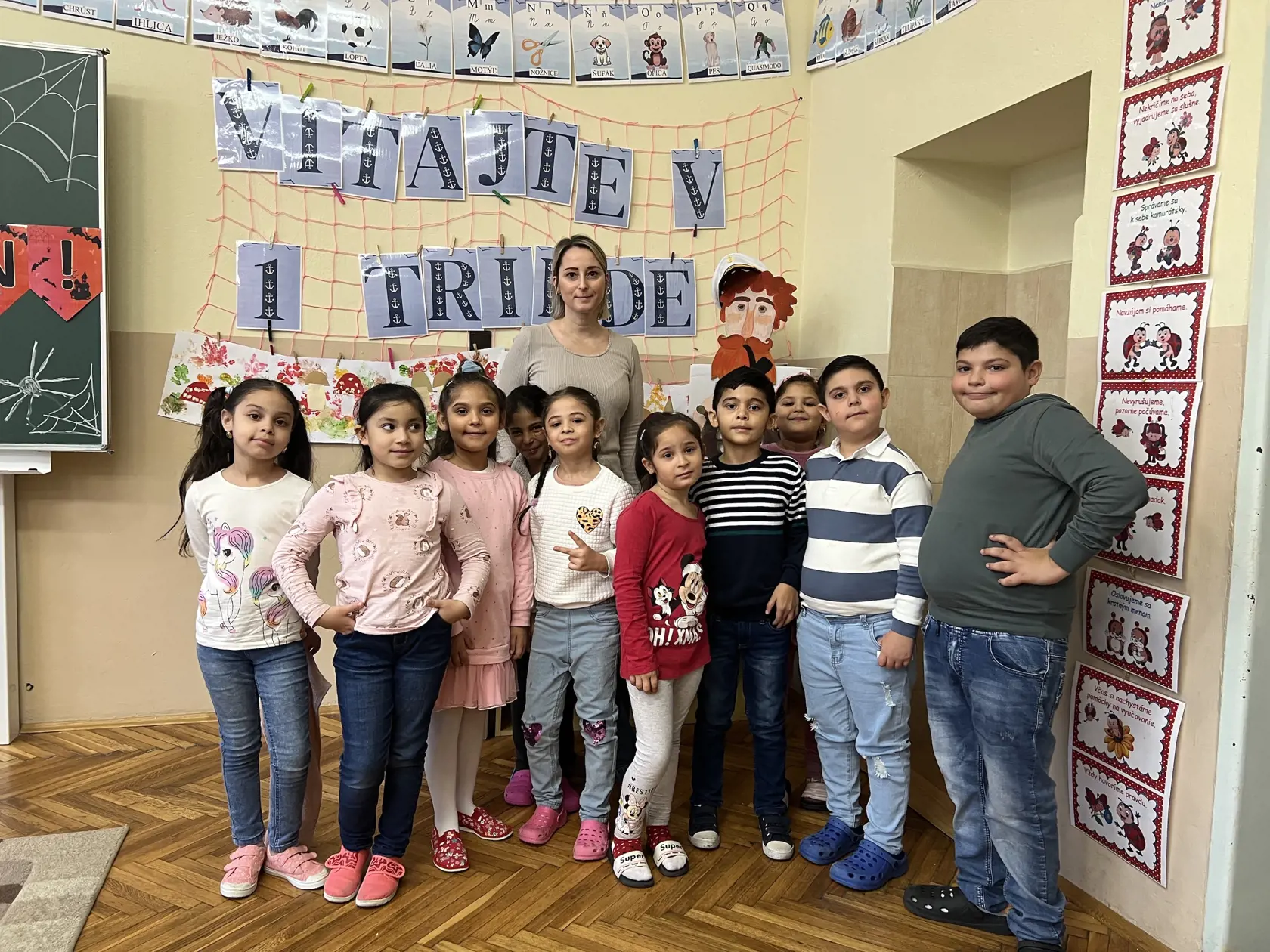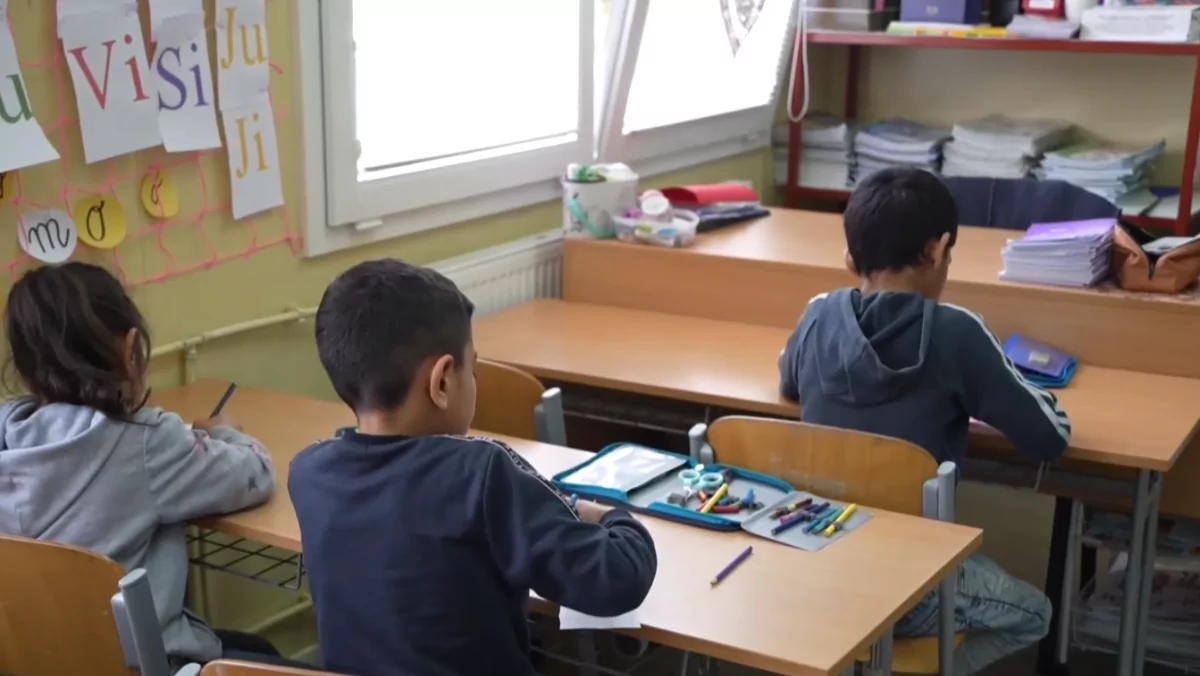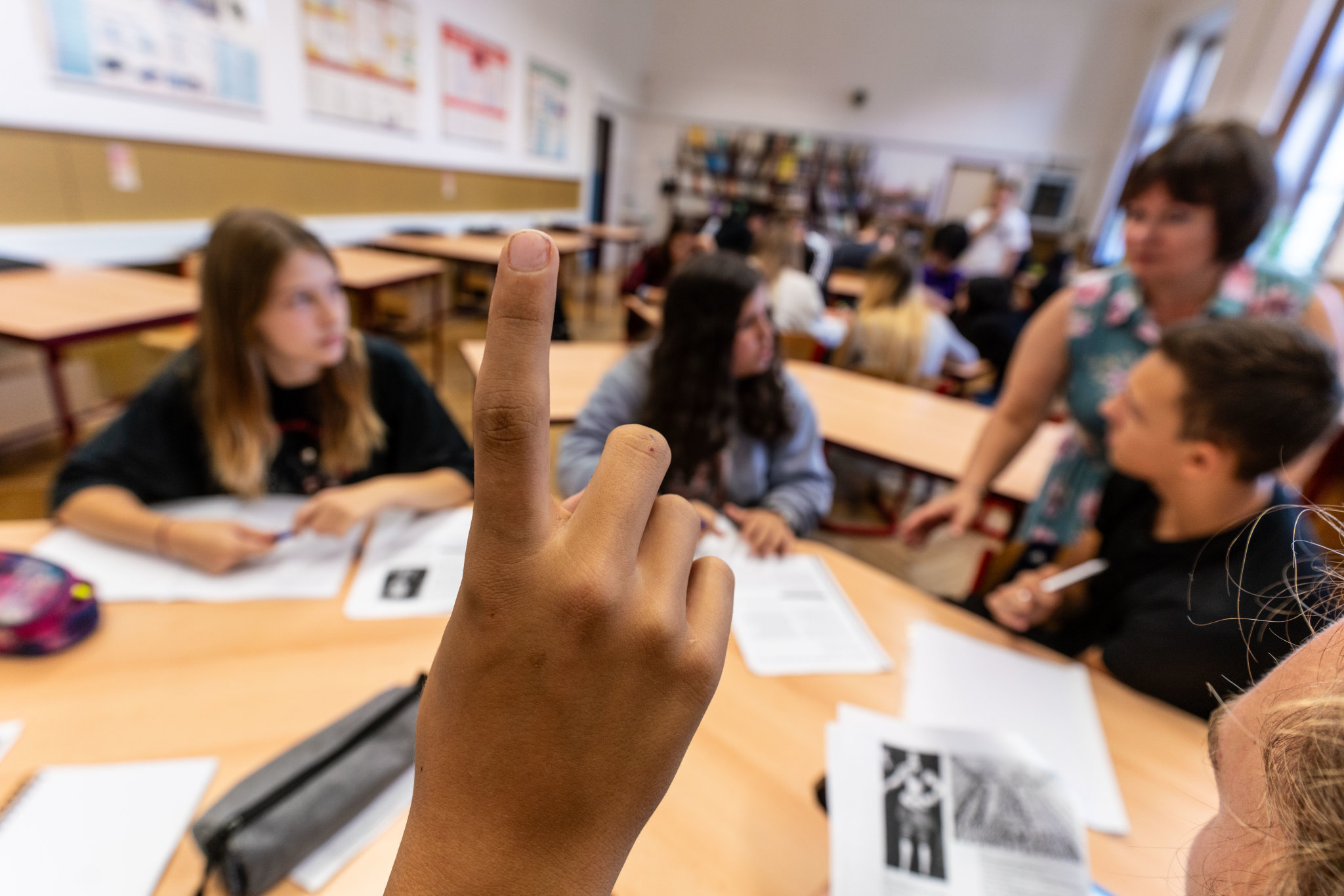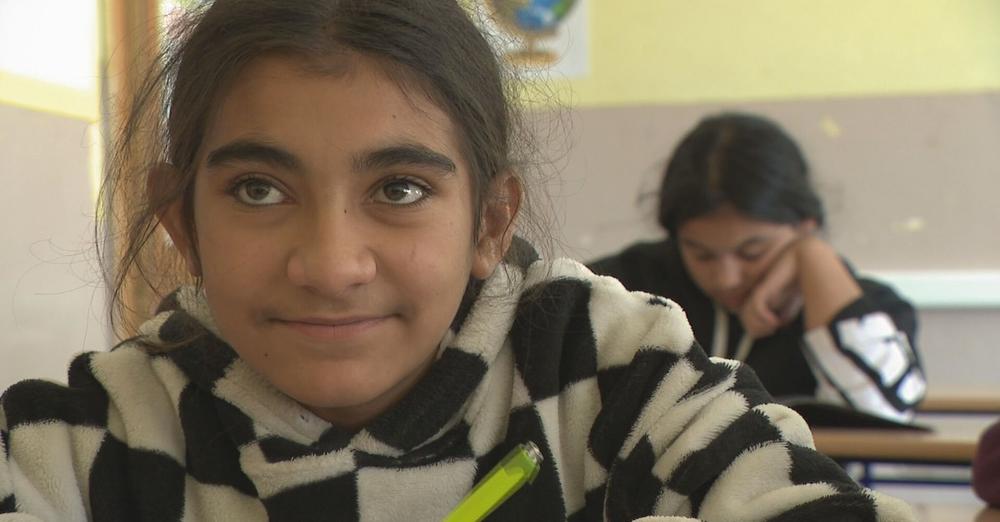The Slovene education ministry is planning amendments to the Kindergarten Act, which aims to increase the inclusion of Roma in preschool education.
Now look at the picture used to illustrate this: This is typical of segregated schools, where stereotypes are the norm. Would this happen to other minorities?
- Vključenost romskih otrok v vrtce nezadostna. In: Radio Odeon. 28.02.2025. https://radio-odeon.com/novice/vkljucenost-romskih-otrok-v-vrtce-nezadostna/
